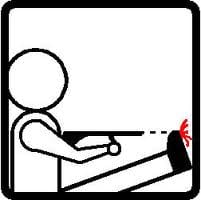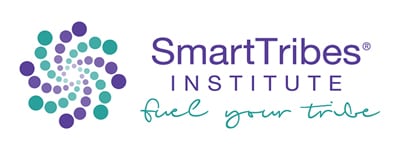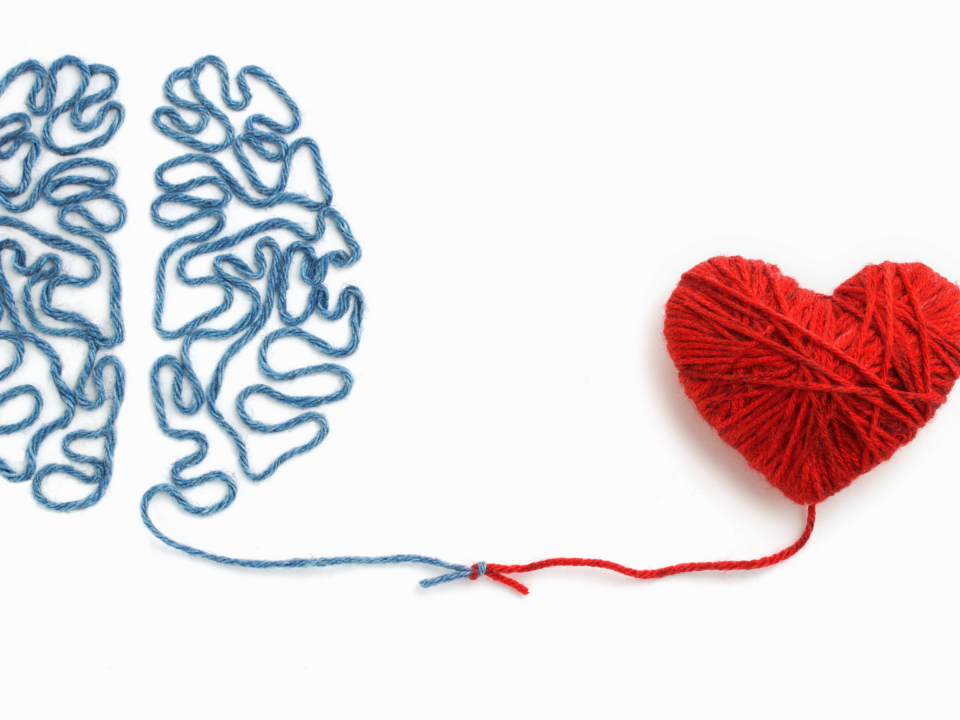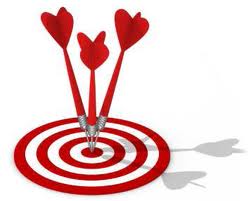
Image Credit: rawfoodscotland.com
George wants to double his company’s revenue this year.
He’s been stating this goal for the past 3 years and still hasn’t achieved it. Why?
Because it’s not ecologically safe for him to have this outcome.
In my blog Why We Do What We Do I explained the subconscious tug o’war we all experience between our desires and our ecology. Our ecology formed our belief system, our frame of reference, our identity, our capabilities—and it also prevents us from getting what we want.
Until we know how to change it.
Change The Present…
Let’s find out why George isn’t getting the doubled revenue he wants. Here’s what we learned when we worked through a basic Outcome Frame with him:
- What would you like? To double revenue this year.
- What will having that do for you? I’ll feel secure, be happy, have peace of mind, have less stress and a cash cushion, feel confident that we got to the next level and the business is scalable, work less, know my team can step up. [What he really wants is to feel safe—to let go of control and know it’ll be ok]
- How will you know when you have it (specifically)? Doubled revenue from last year.
- So there you are in the future and you have what you want. What risk might you take to ensure this change is going to happen? I might have to let go of some control–delegate more, promote some high performers and let a few low performers go, let my VP Sales run with our plan, stop micro-managing our VP Operations. [Here comes the good stuff!]
- What will likely happen if you don’t solve this the way you want? What will be the impact on your business and life? We’ll be stuck in the same rut we’ve been in for 3 years, we won’t be able to grow the business and sell it for the $70mil+ that we want to, my family members and I won’t get to cash out and we’ll one day have to wind the business down—without securing our and our children’s financial future.
- What might someone have to believe about the world/company/situation to get this? That this is possible, that they have the team to achieve this outcome, that more clients want what we have, that we can find these clients.
- What might you have to believe about yourself? That I can let go and things won’t fall apart, that my team wants to rise up.
- What can you appreciate about the current situation prior to change? [What’s great about holding onto control?] I know what the outcome will be—even if it isn’t what I want, I trust myself and don’t have to rely on others.
From this process George realized that his key issue was fear of letting go of control, yet he would have to do this (to a degree) in order to let his team help him double revenue. But knowing this intellectually isn’t enough—in the thick of battle George will still default to controlling behavior, because it is rooted in his subconscious mind. So we need to change this.
… Then Change the Past…
After we completed the Outcome Frame it was time to excavate. Where did George’s controlling behavior begin? Why was relying on others so threatening? We had to find out by asking:
Can you recall a time when you didn’t feel you had to control things?
Was there a major life trauma when your level of controlling increased?
Is there a trigger event you experience regularly when your controlling kicks into high gear?
The life trauma was the answer. When his parents divorced George was 7 years old. He then became the man of the house, and his father all but disappeared. Little George decided then that he would never be at the mercy of others, and such a life-altering experience, again. He’d shape his world and keep it in check.
Except that strategy no longer works for him.
So he asked me to help him change it. We did a process we call Movie Theatre, where we guided George through observing this childhood trauma from a distance and then de-fusing the beliefs he formed then. We helped him edit his identity and belief system, which is one of the deepest levels of change we mentioned in my blog How Change Fails: CEOs Focus on Symptoms Not the System. Next it was key to set structures in place to help him change his capabilities and behavior as a leader of his company.
We continued coaching George and began working with his executive team to shift too. The executive team had supported the command-and-control culture that George had created—they were now part of the System that everyone wanted to change.
… Which Changes The Future
Fast forward 9 months: George is nearing his fiscal year end. Revenue will double this year, wrapping up at a healthy $22mil. What’s next? Now we’re going to double the bottom line and increase the asset base in our continuing plan to strengthen George’s company for acquisition. I’d like to see him get $95mil+ for his company instead of his $70mil goal.
Isn’t it fascinating that our company and its performance is directly tied to who we are and what behaviors limit us? We self-sabotage and don’t even know it! The key is to root out the true reason we aren’t getting what we want and clear it. My preference is to use neuroscience techniques to do this.
What do you want that you aren’t getting? Let’s root out the reason together.






